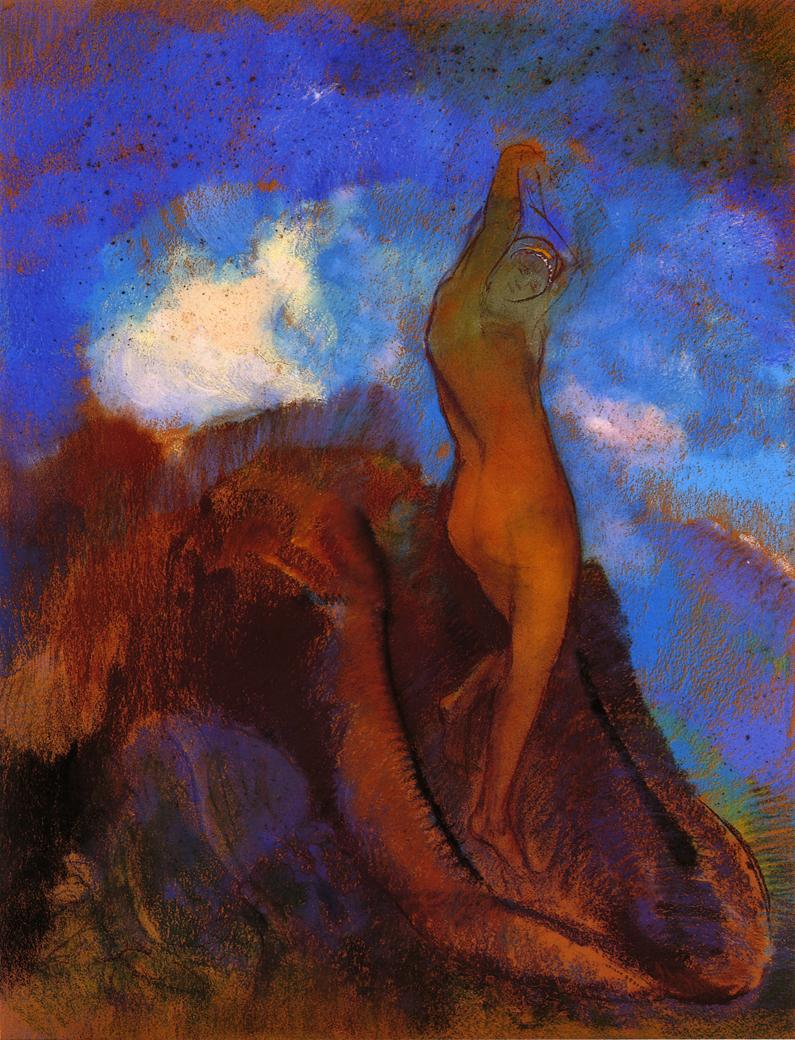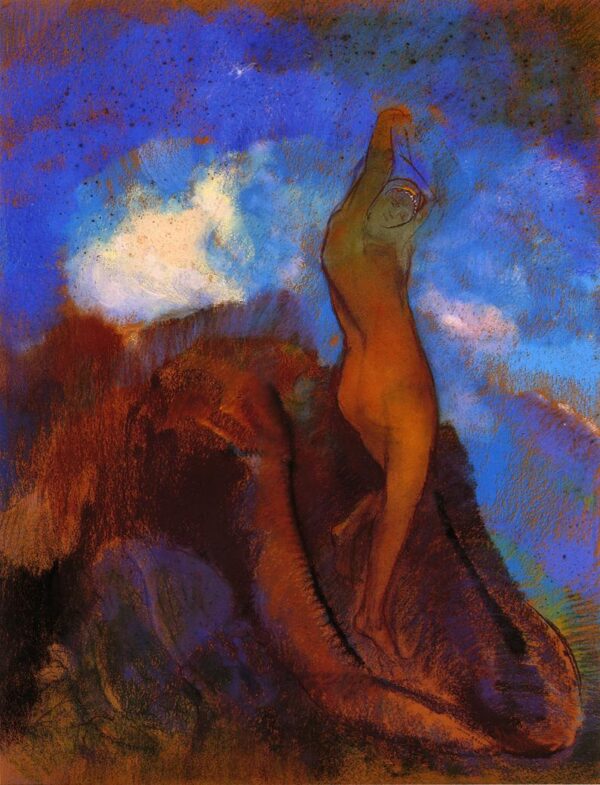Serotiny, in botany, refers to a trait in some plant species where seeds are retained within cones or fruits for extended periods, often years, until a specific environmental cue triggers their release. This adaptation is particularly common in fire-prone ecosystems, with fire often being the primary trigger for seed dispersal.
Posts tagged "women"
Restoration

Now, begin to rain
intelligence and compassion
Upon all your tender,
wounded cells
—Hafez
A Cushion for Your Head

Just sit there right now
Don’t do a thing
Just rest.
For your separation from God,
From love,
Is the hardest work
In this
World.
Let me bring you trays of food
And something
That you like to
Drink.
You can use my soft words
As a cushion
For your
Head. —Hafiz







